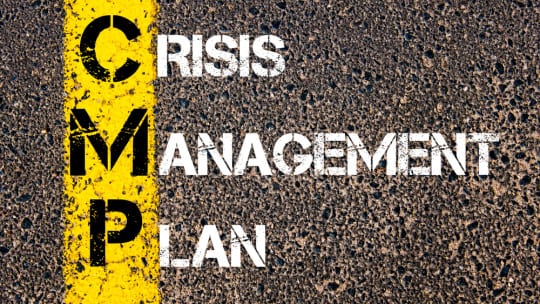
Not all crises are created equal, and thus a crisis plan that was effective for one situation may not work well for another. Given how quickly new technologies emerge, news travels and opinions of communications strategies change in 2018, a plan that was crafted five years ago may be woefully out of date for a current crisis. As such, regular evaluation of your crisis strategy is crucial for success during a stressful time.
In PRNEWS’ Crisis Management Guidebook, Scott Rainone, managing partner at Fahrenheit Strategic Communications, explains why simply having a plan in place is not enough to ensure you’re adequately prepared for a crisis, and how you must regularly evaluate your plan—in stages, Rainone suggests, so as not to overwhelm your resources—so you can make adjustments as necessary for changing circumstances.
Here is Rainone’s checklist for effective crisis plan evaluation:
◊ Determine if your plan is adaptable enough to handle anything that may come your way during a crisis. It’s great to be prepared, but crises are rarely predictable. Make sure you have contingencies so you can pivot if you need to.
◊ Assess your audiences—both internal and external—who could be effected by a possible incident.
◊ Once you’ve identified your audiences, do some testing of your planned messaging with audience members to see if it will be received as expected (and so you can adjust if not).
◊ Determine which channels you will use during a crisis and craft messages that are suitable for each channel—a Tweet should be worded differently than a press release.
◊ Is there an issue at play that has the potential to become a crisis at some point? Are your stakeholders aware of it? If not, discover how you can alert them without sounding alarm bells.
◊ Make sure members of your crisis team are properly trained and have access to any resources they may need.
◊ Establish focus groups, surveys and further testing with audiences to make sure your plan is effective and ready to go if a crisis strikes.
